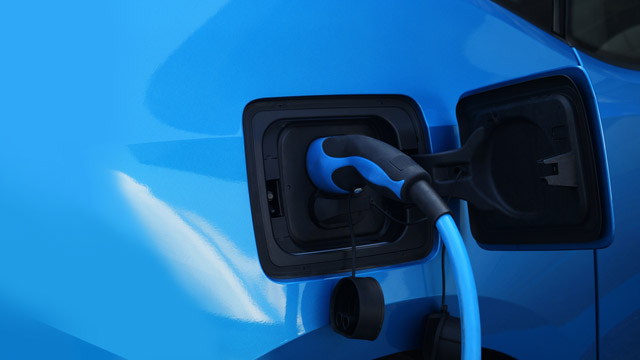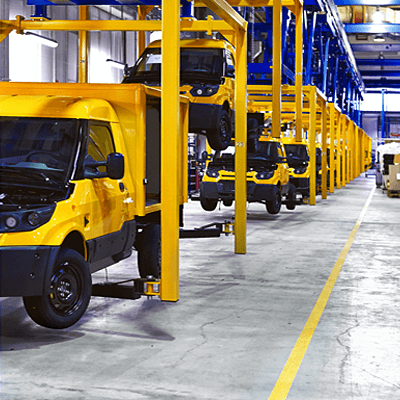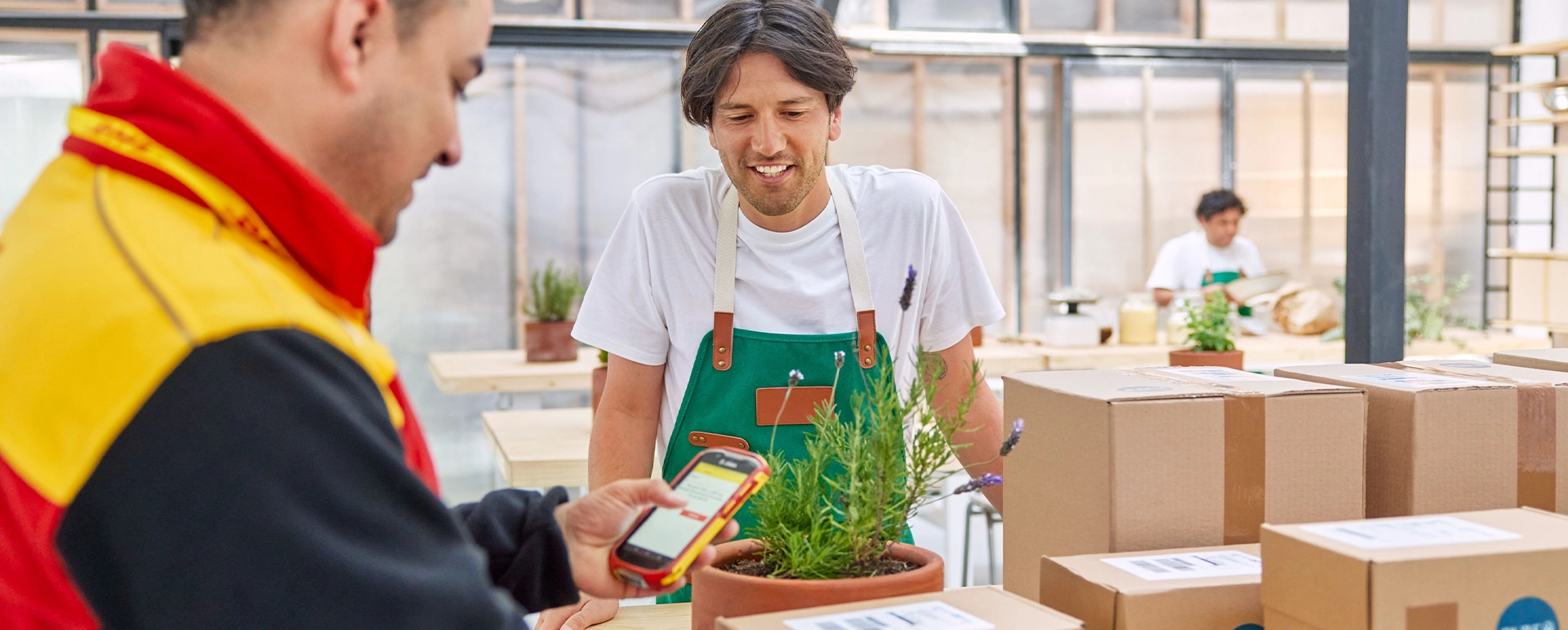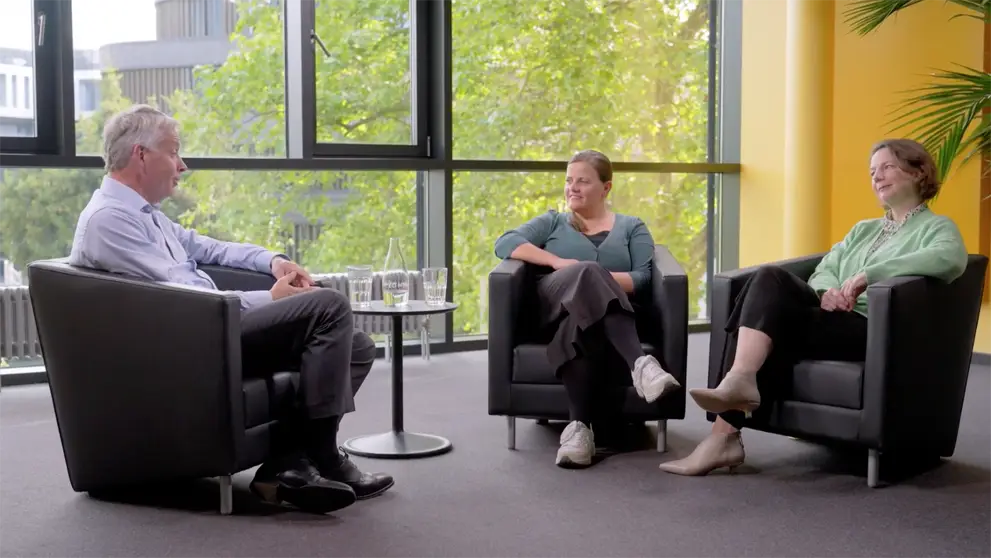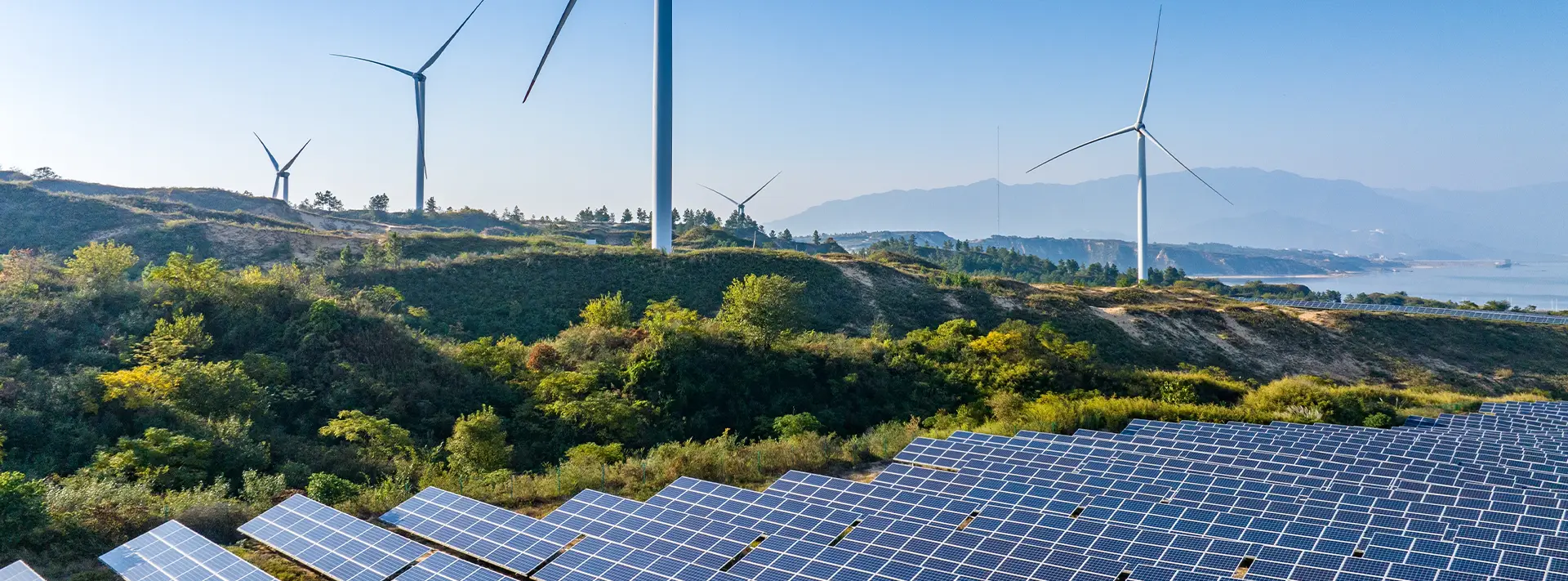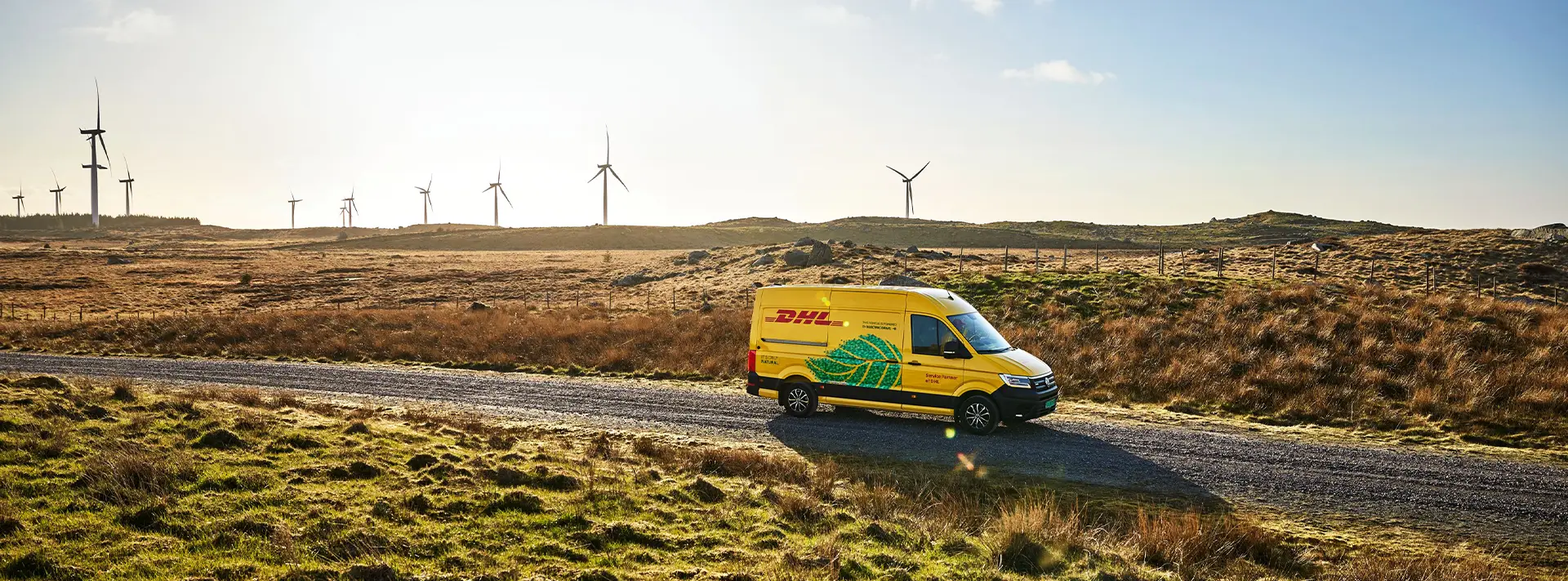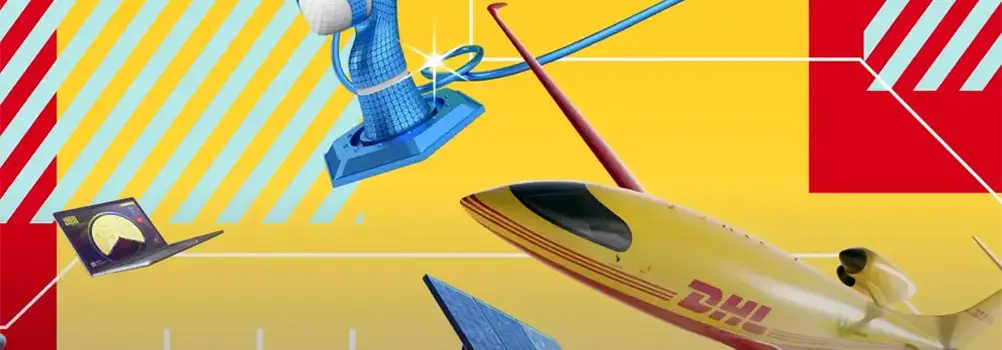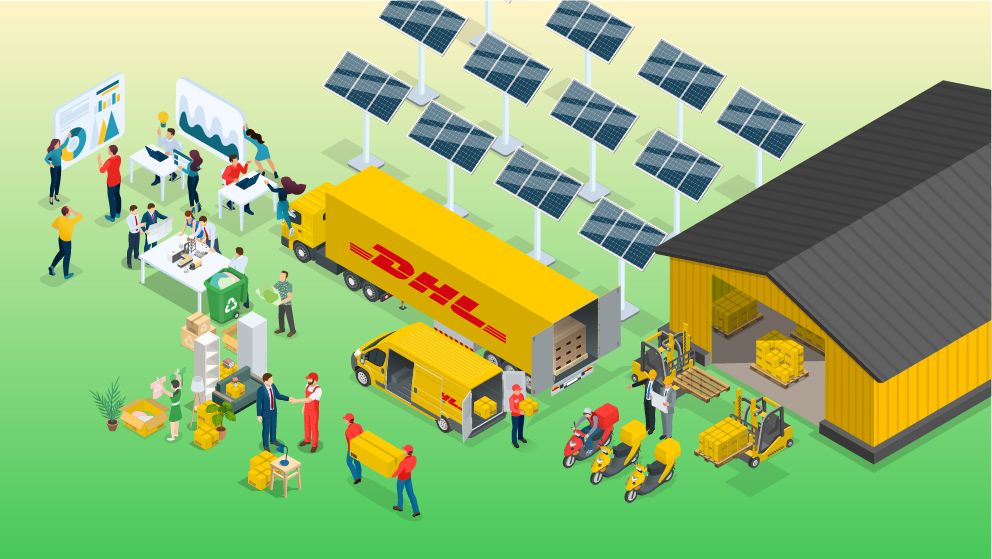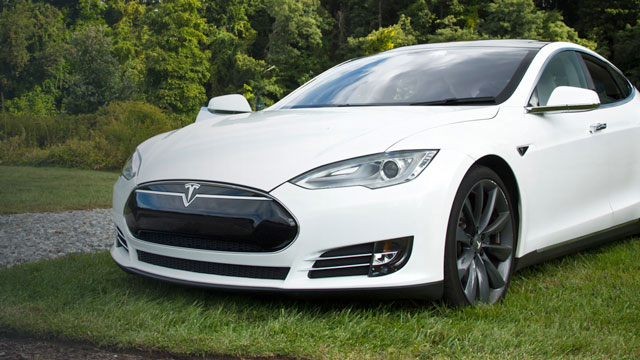It’s long been a metaphor for progress, speed, and movement: Our beloved gas pedal. But electronic vehicles are changing the act of driving – and logistics – as we know it.
The thrill of easing our foot down and feeling the car speed toward the horizon is one that will never get old, but that familiar act of stepping on the gas and hearing a combustion engine’s rumbling response is giving way to the soothing whir of an electric engine.
While electric cars and hybrids have been on our roads for several years now, 2017 represented a turning point for the fast-growing electric car and sustainable development segment of the auto industry.
First, there was the unveiling of Tesla’s Model 3 – an electric car rolled out with the technology fanfare of the very first iPhone ten years ago. The Model 3 presents an interesting opportunity for anyone in the market for a new vehicle in the next several years, with its aggressive price point and low cost of ownership. With a sticker cost of US$35k, it is positioned competitively with traditional automobiles, but with two key benefits: lower operating costs and lower carbon emissions.
In a 2016 MIT study of the per-mile transportation cost of operating various types of vehicles, cars with lower carbon emissions were highlighted among the least expensive vehicles to own.
MIT’s Jessika Trancik, the senior author of the paper, said in an MIT release accompanying the study that, “If you look in aggregate at the most popular vehicles on the market today, one doesn’t have to pay more for a lower carbon-emitting vehicle.”
Not everyone will be sold on the Model 3, especially as availability, battery life, and some reluctance to embrace a relatively new technology are still factors. But Tesla and other electric car manufacturers are certainly now part of the conversation that happens before investing in a car. As Trancik observes, it is not car manufacturers who will decide the success of electric cars, but the consumers.
“Private citizens are the investors that will ultimately decide whether a clean-energy transition occurs in personal transportation,” she said.
Other developments may help nudge consumers toward buying electric instead of sticking with a diesel or petrol-powered car. Announcements by the governments of France and the United Kingdom show that the writing is on the wall for diesel and petrol cars, which will no longer be sold in those countries after 2040.
In Germany, some cities are pointing to emissions from diesel cars as a significant health risk and taking action to ban the vehicles from urban areas.
While the trends may tip the scales in favor of electric vehicles as the car of choice for private consumers, personal cars aren’t the only ones out on the roads. The European Automobile Manufacturers Association estimated that in 2015, there were more than 200 million commercial vehicles on the roads. Will replacing an entire fleet of commercial vehicles be as viable as replacing a single personal car?
DHL, at least, seems to think so.
In 2013, DHL’s parent company – Deutsche Post DHL Group – announced a pilot project known as the CO2-free Bonn initiative. It envisioned a carbon-free delivery service in the German city of Bonn, where the company is headquartered.
The project has been a success, thanks in large part to the company’s decision to implement the StreetScooter, an electric delivery van purpose built by a former start-up of the same name, for deliveries in Bonn. The partnership was so effective that Deutsche Post DHL purchased the StreetScooter company in 2014.
Since its implementation in Bonn in 2013, Deutsche Post DHL Group now has more than 2,500 StreetScooters on the roads in Germany, and city delivery testing is underway in other countries. Eventually, the company’s entire fleet is to be transitioned to electric or other carbon-free vehicles, such as bicycles, for fully green logistics.
While implementing green vehicles into DHL’s 220 countries and territories around the world has a direct impact on the company’s goal of zero-emission logistics by 2050, the shift has an impact on the company’s bottom line as well.
“E-mobility is crucial,” said DPDHL Group CEO Frank Appel in a recent article on the company’s Delivering Tomorrow blog, “because it means growth no longer translates automatically into a larger environmental burden.”
Like the private consumers targeted in the MIT study, corporate efforts at implementing electric vehicles end up saving money in the long run, and with traditional combustion engines increasingly on their way out, adopting electric vehicles today means future-proofing a business for tomorrow.
The auto industry is in the midst of a dramatic shift that is seeing a logistics company in the driver’s seat when it comes to large-scale production and implementation of an electric vehicle. While no one ever envisioned a delivery van would be considered cutting edge, stepping on the (electric) gas pedal is the future of moving forward.
